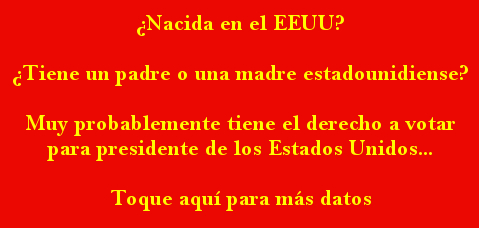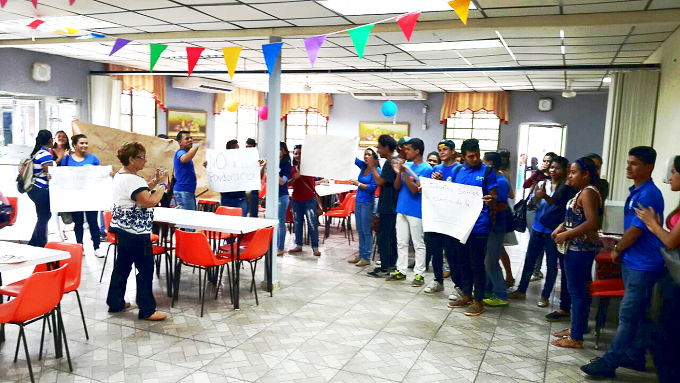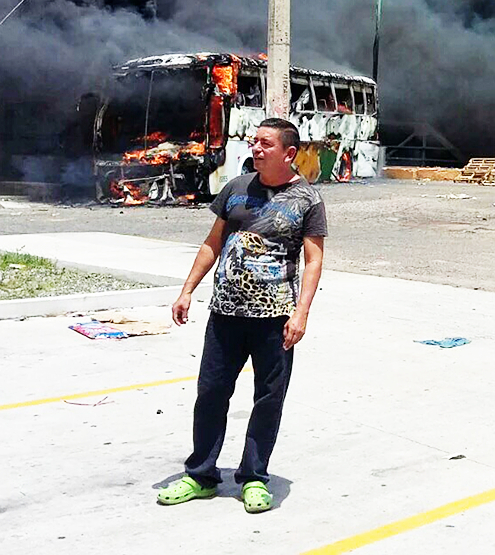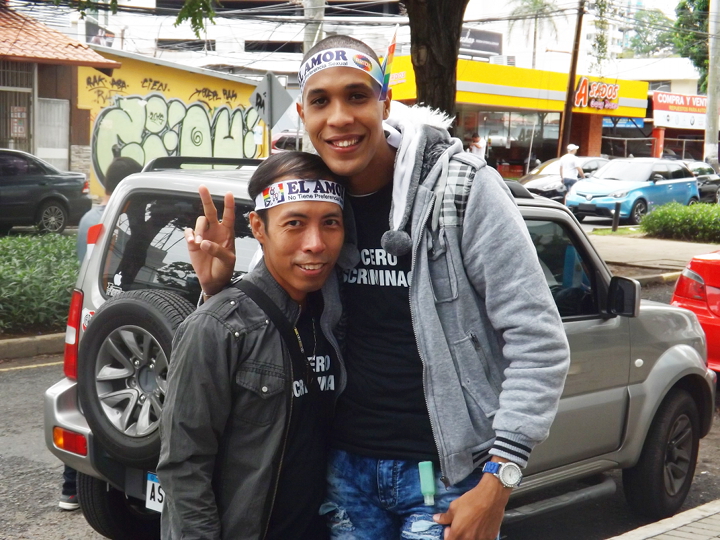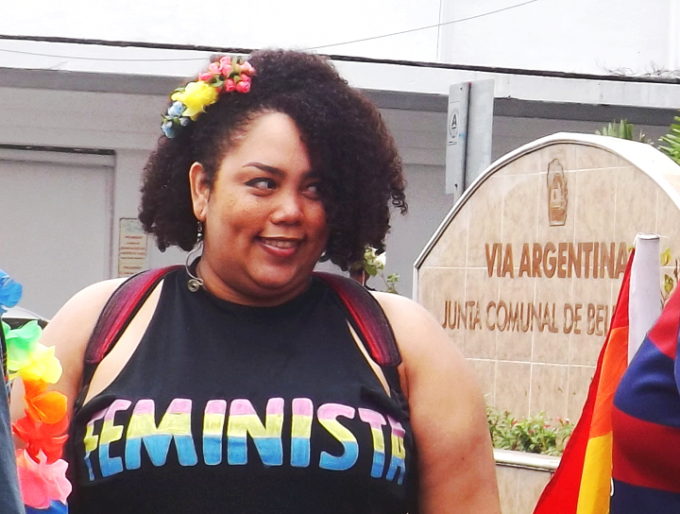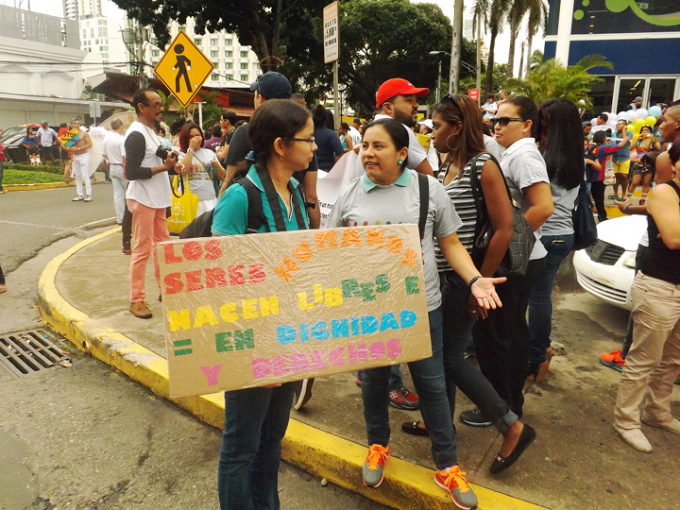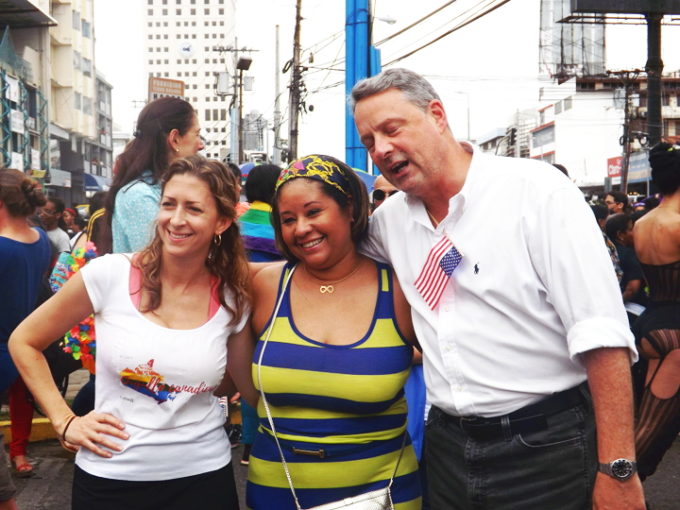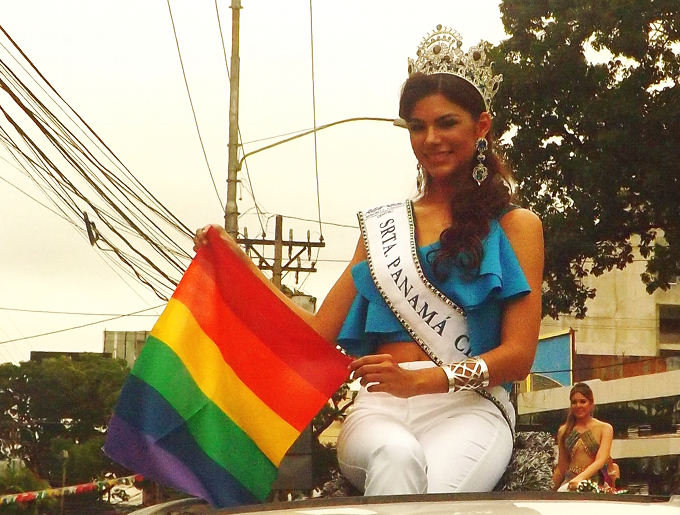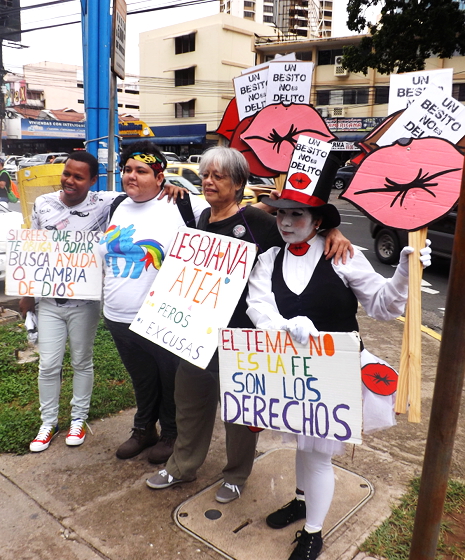
Speaking of import restrictions…
Are there some gringos who are so upset by the Varela administration’s decision to prolong the ban on private importation of firearms into Panama that they have decided to leave? For all of the economic hit that this could mean to the national economy, we should consider that a blessing.
There are a few other import restrictions that ought to be considered at the same time.
Panama rarely admits it, but we do have race relations problems here. What we don’t have in any substantial supply is the US obsession about race. Racial hatreds of any sort and the practice, preaching or preparation for racial violence are worse than any drug that might come into our territory.
The Panamanian government should take more care to exclude these things. Isn’t “Wild Bill” a former vendor of white supremacist materials who took his crime spree to our shores? Isn’t there a strong racial component to the “sovereign citizen” pretension about how the US Constitution is invalid because the amendments passed after the Civil War — banning slavery, establishing US citizenship for everyone born in the USA and so on — and haven’t we had people who preach that stuff colonizing here for years? Isn’t there a section of Panama’s gringo community that considers George Zimmerman’s vigilante patrols and killing of Trayvon Martin to be proper models of conduct in society? Panama already has laws against foreigners preaching intolerance, and while these could be twisted into something quite oppressive, we should at least bar entry to members of known racial hate groups that are clearly identifiable as such.
Panama has freedom of expression, which is a good thing. However, we tolerate too much in the way of false advertising — how else could fraud be a national sport? Gun sellers’ propaganda, quite often spread as undisclosed advertisements embedded within Hollywood entertainment shows, aims to convince people that having a gun in the home or on the person makes a person safer. This is demonstrably untrue, and until recently we had this stuff repeated by a member of President Varela’s cabinet. That wiser heads in the government prevailed is a relief, but that there was little argument against gun seller’s advertising in high places coming from the general public ought to be a matter of concern. That easy acceptance of a fraudulent pitch was in part the influence of imported culture.
Certainly we should do more to promote Panamanian culture and encourage a wider selection of international culture to reduce the saturation of such messages. We should also think about what we might do to limit the exposure of children to such stuff. A US ratings system that approves sadism for the whole family surely does not serve Panama very well, but then the subjectivity, biases, prudishness and opportunities for political censorship or ordinary corruption implicit in any ratings system ought to caution us about any effort to develop one of our own. However, short of setting themselves up as censors there are things that opinion leader can do. Media critics, politicians, educators and clergy ought to be in the forefront of those calling out works that would introduce weapons fetishes and the glorification of violence into our culture.
The gun sellers’ systemic failure
It won’t look like a failure when the week’s sales figures are in. A wannabe hero who was kicked out of the US Army killed five Dallas cops who were doing their jobs in honorable and exemplary fashion, and now hordes of frightened white folks will descend upon gun shops to tool up just in case there is a race war that brings some black kid armed with iced tea and skittles walking through their neighborhood. Massacres are sales bonanzas for the firearms industry.
Can we just drop the pretenses about what the NRA and its mouthpieces in government are? They are advertising proxies for weapons merchants and their arguments should always be evaluated in that light.
But what did the recent spate of racially charged killings tell us?
That racism thrives in the USA, such that black lives don’t matter as much as other people’s lives as far as the practical effect of the law’s application goes, is an ugly fact. Yeah, yeah — the GOP talking points say that it’s racist to say that. In November we shall see how emphatic non-white voters, and a lot of white ones too, can be in the face of a race-baiting major party candidate for president.
But take climate of fear and hatred that as a momentary given, and focus on the “historical” arguments made in favor of an unrestricted and enhanced arms race in the homes and stores and on the streets of the USA. Is it, as the gun sellers’ front groups say, that people need to have guns so that they can rise up against an oppressive government?
The original Constitutional Convention happened in large part because those who had led the United States to independence from the British Empire were terrified and appalled by the prospect of that sort of thing. With the just-ended Shays’ Rebellion in their minds, they gathered in Philadelphia not to celebrate but to suppress such insurrections.
So did somebody object to that effort to restrict the possibility of armed uprisings? Indeed, many did. Their most outspoken leader was Patrick Henry, who objected that the state and local militias would be suppressed under the new constitutional order. And what was the militia in his home state of Virginia, and in other southern states? It was patrols by white men, known to blacks as the patterollers, to keep black people off of the roads so as to inhibit slaves from escapíng to freedom or going from plantation to plantation to organize revolts. On the western frontier the militia was about white people being ready to resolve land disputes with established native communities at the point of a gun. Thus the Second Amendment: “A well regulated militia being necessary to the security of a free State, the right of the People to keep and bear arms shall not be infringed.”
What is a “militia,” who or what are “the People,” what is the meaning of “well regulated” and what “a free State” is are all questions whose answers might be surmised by reference to what existed at the time. Back when the US constitutional order began, states could and did ban private possession of cannons or possession of any sort of firearms by black people whether enslaved or emancipated. But now the arms merchants have convinced a lot of Americans and some members of the Supreme Court that the Second Amendment references to anything beyond a notion that anyone gets to have any weapon she or he can afford to acquire are words to be ignored as if they were not there. And the gun nut shills for the firearms industry assure us that this is because we may need to violate Article III, Section 3 of the Constitution, that bit about how “Treason against the United States, shall consist only in levying war against them, or in adhering to their enemies, giving them aid and comfort.”
So how well did the Bundy family’s war against the United States go? How successful was Micah Johnson’s war against the Dallas Police and the DART transit cops? Do we hear tales of a hideous government conspiracy to kill one of the Bundys’ armed acolytes in flight after the raid? Do we see YouTube videos about how the slaying of five police officers by a fanatic was a hoax by the mayor of Dallas? Do we hear the police criticized for ending the armed standoff with Johnson by sending in a robot with an improvised bomb.
In the real world governments and their officers sometimes do abusive things, but taking up arms against governments is usually a good way to get crushed like a bug and left in a pool of blood. But hey, Nancy Lanza was a good customer when she was making her doomsday preparations, and if her particular doomsday came at the hands of her equally crazed son Adam, that’s just business for the arms merchants. We can also be sure that Micah Johnson was somebody’s profitable customer.
The sales pitch used on Nancy Lanza got a bunch of little kids and some of their school’s teachers and its principal and psychologist killed. The sales pitch used on Micah Johnson got five police officers killed. The fallacies made the sale, but while the atrocities that were sparked boosted gun sales, now those sorts of pitches annoy rather than convince most Americans. They still do a brisk business, but the gun merchants’ propaganda campaign has failed.
What any society’s weapons laws ought to be is a complex matrix of considerations. Delusions and fake history are properly excluded from the factors that are taken into account.
Bear in mind…
~ ~ ~
These announcements are interactive. Click on them for more information.







